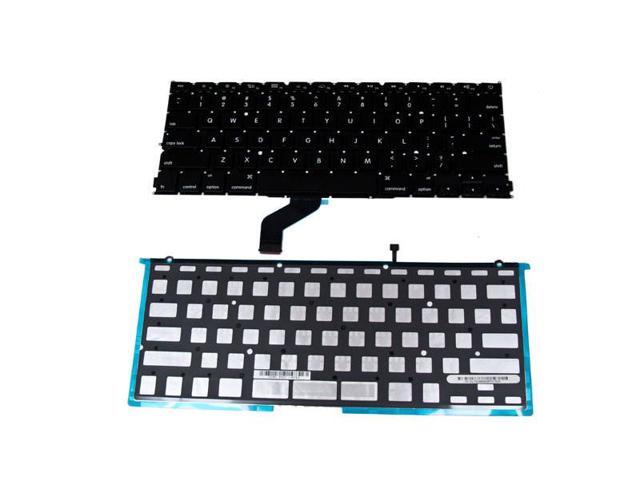The majority of economists would admit thatmoney is powerful and that changes in moneywill impact the economy. Monetary theory analyzesand determines how changes in the supplyof money affect the economy.This book details the collection of policiesthat use monetary tools known as monetarypolicy. For example, the main monetary authorityof a country is its central bank. In the UnitedStates it is called the Federal Reserve Bank System(Fed), which is a federation of 12 FederalReserve Banks. The Fed is responsible for initiatingprinting of money, monitoring the interestrate, and controlling the supply of money inthe economy. Monetary authorities are shieldedfrom executive branch interference by serving14-year terms. This allows them to act withoutworrying about political fallout or fear of losingtheir jobs. The ability to work and functionindependently from political pressure has beenused to claim that the supply of money is exogenous.Inside this authoritative text, the authorgives real insight to the IS-LM Framework(Investment Saving-Liquidity Preference MoneySupply) and the effects on our economy.















